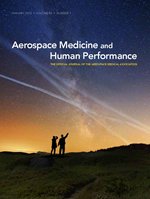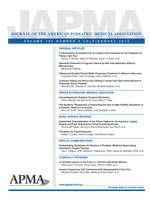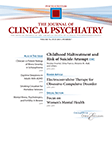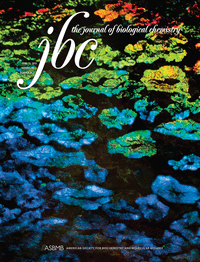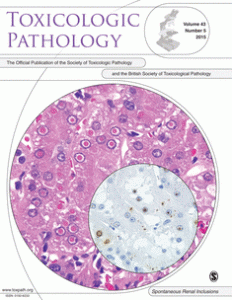
A former graduate student at Wake Forest School of Medicine “presented falsified and/or fabricated data” in a government-funded drug study, according to findings released by the U.S. Office of Research Integrity earlier today.
The report was released in the wake of an investigation conducted by the university and the ORI. Investigators found that although Brandi Blaylock recorded responses of a dozen laboratory monkeys after giving them anti-abuse drugs, she hadn’t given them the compounds “per protocol.”
Blaylock then presented the data at “two poster presentations, several laboratory meetings, and progress reports.”
Some of her research was supported by a grant from the National Institute of Drug Abuse, “Dopamine D2 Receptors In Primate Models of Cocaine Abuse,” which examined the effects of novel dopamine D3 receptor compounds on drug addiction on monkeys.
However, according to the report, Blaylock presented the falsified responses from a dozen monkeys: Continue reading Former Wake Forest grad student fudged data for drug study
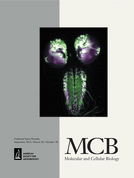 An investigation at the University of Florida has led to the retraction of a pair of papers on the stress responses of Caenorhabditis elegans in Molecular and Cellular Biology.
An investigation at the University of Florida has led to the retraction of a pair of papers on the stress responses of Caenorhabditis elegans in Molecular and Cellular Biology.
